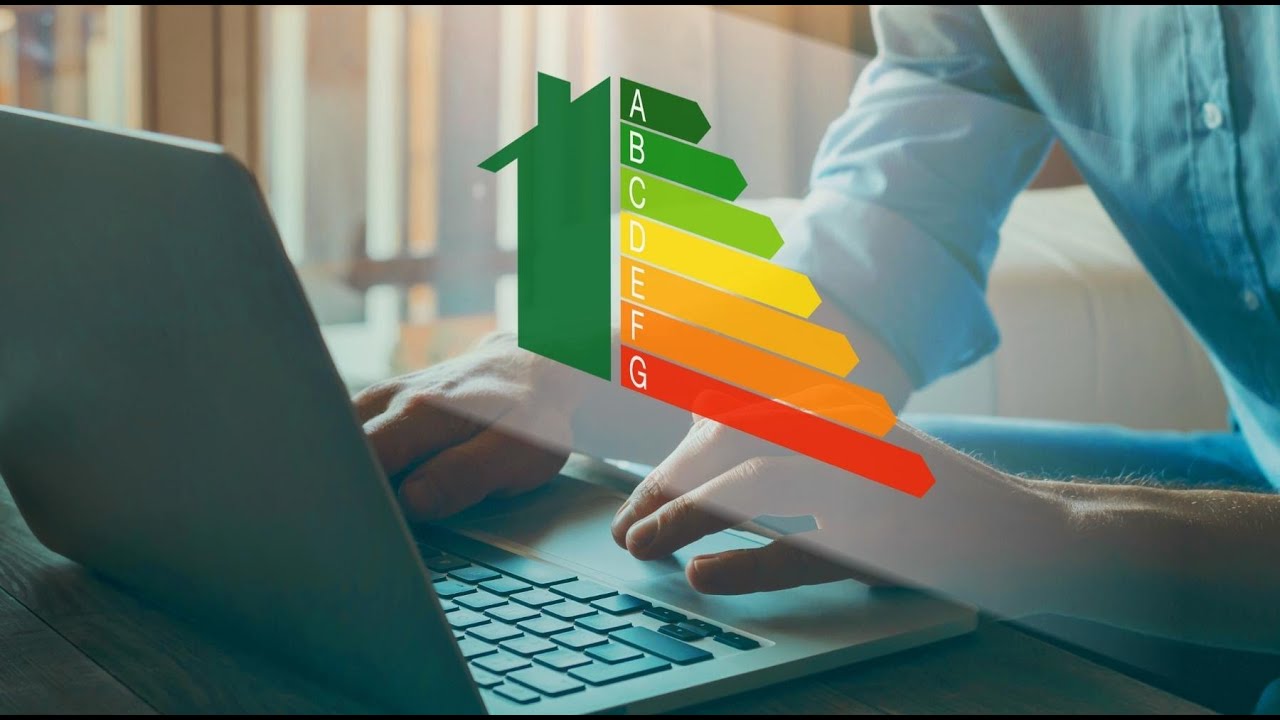4 Ways to Manage Your Energy Efficiently in Your Workday
If you are a marathon runner, you will train slowly and gradually. You will set goals for yourself but know your limits and never exceed them to avoid injury or fatigue. You know when to slow down, rest, and speed up based on your energy level. You will pay attention to the signals sent to you by your mind, body and spirit. If your energy is waning, you will run slowly or stop altogether, taking breaks to regain your energy and vitality. All of this means that you know how to manage your energy efficiently.
Life is a marathon, not a sprint. Therefore, you must apply effective energy management in every aspect of your life, especially your work.
The importance of energy management in work and life
Energy is the strength and vitality necessary for continuous physical or mental activity. Work often falls into one or both categories, depending on its nature. In this sense, energy is the fuel that provides you with the strength and vitality necessary to perform your work to the best of your ability. So why do so many individuals and organizations focus on time and time management? You're in a short race if you’re hitting every deadline, ignoring your body and mind’s need to rest and recover.
What if you and your organization shifted focus to energy management? Could you meet the same deadlines while maintaining your energy, enthusiasm, and morale? Research suggests it’s possible. For example, one study focused on boosting participants’ energy levels in four areas: mind, body, spirit, and emotions. The researchers found that 68% of participants significantly improved customer relationships. Another 71% saw a significant impact on their productivity and performance. Many outperformed their colleagues in sales and revenue and continued to do so a full year after the study ended.
The study concluded that effective energy management allows for more remarkable ability to accomplish more in less time, with higher levels of engagement and long-term sustainability. It’s more of a marathon than a sprint.
Imagine your energy levels working like batteries
Your body, mind, and spirit are like batteries. They work for a certain amount of time and then need to rest, recover, and recharge to regain their full capacity. Some tasks drain your energy faster than others. Projects you don’t find your passion in or tiresome and repetitive tasks drain your energy quickly; so do tasks that you love, but to a lesser extent.
There are also behaviors that drain energy, such as focusing on negative thoughts, resisting positive emotions, allowing your ego and pride to get in the way of your accomplishments, or lacking self-control when maintaining a balanced and healthy lifestyle.
Self-control is the key here. Your success does not depend on starting your work or your life marathon hard and fast but on committing to your work every day, every hour, and every minute. Take a break if your energy levels are low, pay attention to the signals your body is sending, and take the actions that your mind, body, spirit, and emotions want and need. Then, get back to work when you are refreshed and energized.

How to Manage Your Energy Levels at Work?
Depending on your needs, some simple changes to your daily routine can help you regain your energy and vitality. These activities are geared towards helping you manage your energy efficiently throughout your day (whether at work or at home).
Here are some ideas to help you regain your energy and vitality:
- Getting enough sleep.
- Exercising.
- Eating a healthy, balanced diet.
- Taking breaks throughout the day.
- Switching your phone to silent mode.
- Focus on one task at a time.
- Meditation.
- Journaling.
- Going for a walk in nature.
- Spending time with loved ones.
- Reading.
- Making a gratitude list.
- Doing things you love.
- Being optimistic.
- Letting go of negativity.
You may feel like you need to take a break, but you find yourself exhausted under the pressure of deadlines, urgent meetings, and multiple tasks. Living under constant pressure harms you, your family, friends, colleagues, bosses, and clients.
The secret is to get everything done without draining your energy. You can balance completing your tasks with taking breaks to recharge throughout the day. If you want to achieve positive results, it is essential to pay attention to the needs of your mind, body, emotions, and spirit and make enough time for rest.
Try adding some simple activities to your daily schedule, such as practicing meditation, going for a walk, or reading a book. Stick to these activities, and you will notice the difference in your energy levels and productivity. Now, here are 4 ways to manage your energy efficiently during your workday:
1. Get to know your work style
Do you prefer to work under pressure at the last minute, or do you finish your tasks better when you have enough time to plan and execute? Think about your work style and how it relates to your energy levels.
If you are a high-energy person, give yourself regular breaks to avoid burnout and conserve your energy. Do not overdo it, and make time to relax and recharge.
If you are a low-energy person, set realistic goals for yourself each day and work towards achieving them. Try to balance work and rest, and avoid over-stressing yourself.
If your energy levels vary throughout the day, you must know when they are at their highest and lowest. Take breaks when you feel low, but continue to work with focus when they are at their highest. Know that managing your energy efficiently will help you get the most out of your day.
2. Set minimum and maximum tasks
If you tend to overload yourself and over-exert your energy daily, it is important to recognize your limits, set clear boundaries, and stick to them.
For example, you could set a goal of no more than five meetings per day, with one utterly meeting-free day per week. This helps you avoid physical and mental burnout, and it helps set boundaries for yourself and others. Plus, it’s likely to make you feel happier and more focused in each meeting.
Or if you’re looking to meditate regularly, you could set realistic goals, such as meditating at least once a week, with a maximum of once a day. Or if you have a project you’re passionate about, you could set aside at least one day a week to work on it, with a maximum of two days. Setting goals with realistic time constraints can help you achieve your goals and manage your energy efficiently.

3. Take breaks based on your natural energy cycles
The “power hour” comes from the cycles of activity and inactivity. These are the natural cycles in which our bodies move from high to low energy states. These cycles range from 90 to 120 minutes, depending on the person.
3.1. Focus on your high-energy period, which is the “power hour"
During your high-energy period, focus entirely on what you’re working on. Avoid switching tasks or checking your phone and email during this time. This is an energy-draining behavior that is best avoided while you are working hard on a task or attending a meeting. You will be happy to quickly discover how much high-quality work you can accomplish.
3.2. Take a break to recover
At the end of a power cycle, your body will tell you it is time to rest and recover. You may start to yawn, feel hungry or thirsty, have difficulty concentrating, feel stressed or want to go outside and take a break.
Most people ignore this message that their body or mind sends them when completing a task. Don’t do it. It is not effective energy management and will lead to depletion and loss of interest, fatigue, feeling irritable, or producing low-quality work.
Instead, invest about 20 minutes between super-beats to do any of the abovementioned activities. You can relax, recharge, and return to work in just a few minutes with better results.
Then, when you are ready to return to work, check your email and anything else you need before proceeding to the next power hour.
4. Pay attention to the signals your body sends
Your mind, body, spirit, and emotions know what activity you need and when you need it, so listen to them and try to practice meditation to understand the signals they send you, significantly if you habitually suppress your feelings and ignore them. Gratitude journals are also a great way to bring positivity into your life and eliminate negativity.
During your day, try to do some things that make you happy. For example, what would you do with your time if you only had one year to live? What inspires you? How would you live each day to the fullest? How would you manage your energy? Would you take more breaks? Would you walk more? Would you do more work that inspires you, ignites your creativity, and makes you more aware?
Finally
Before you return to your daily work, think about how you want your colleagues to remember you. Do you want to be remembered as the negative, tired, and overwhelmed employee who doesn’t have time to take a lunch break or engage in relaxing activities during the day? Of course not.
More likely, you want to be remembered as the positive, optimistic, and energetic employee who gets the job done efficiently and maintains energy throughout the day.
Ask yourself: What’s stopping you from achieving that right now? You’ve come a long way, and that’s great because it shows you care and are willing to listen. The next step is to recognize and respect the energy cycles of your mind and body, take breaks when you feel low, and do whatever it takes to get your energy back.


 القائمة الرئيسية
القائمة الرئيسية





